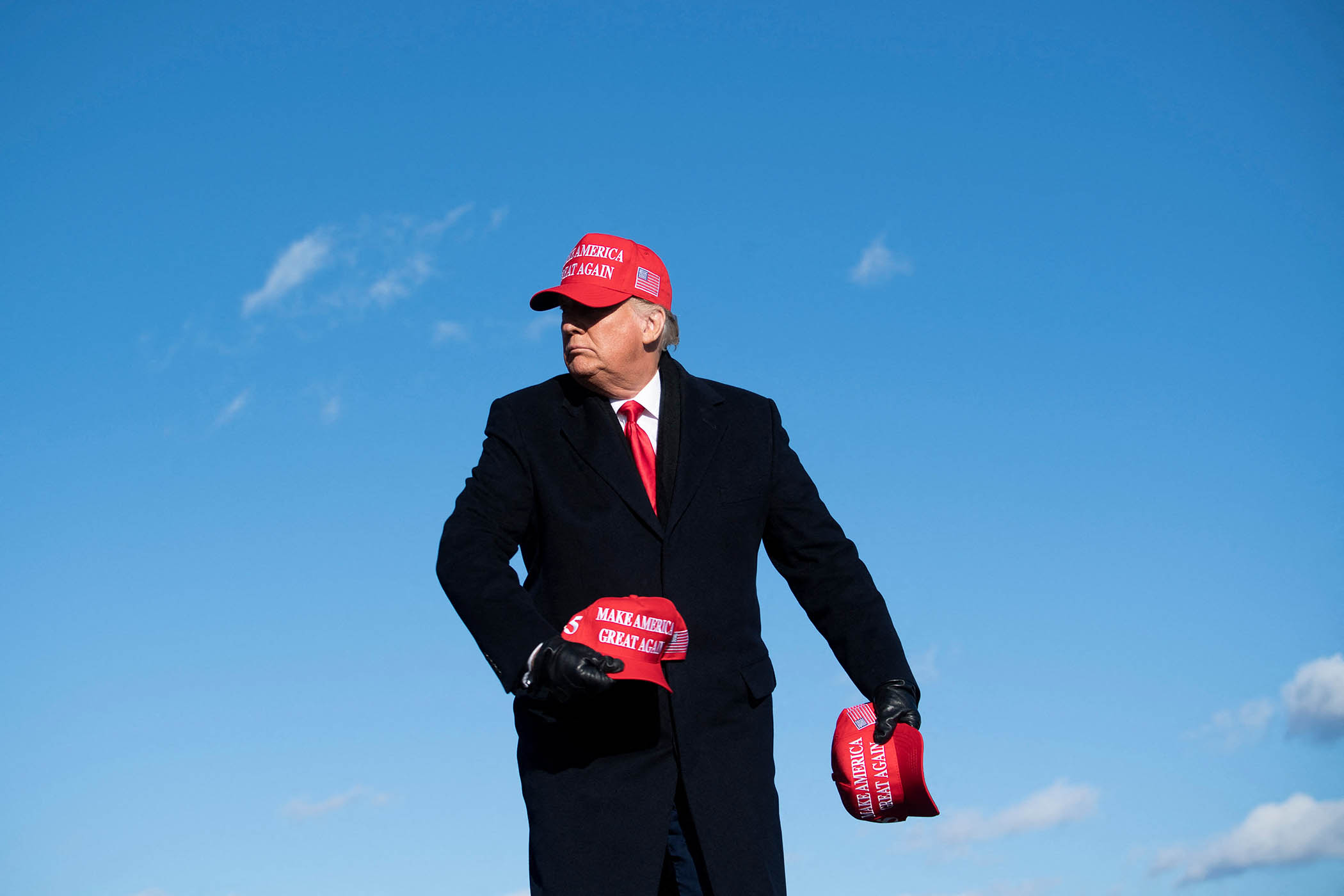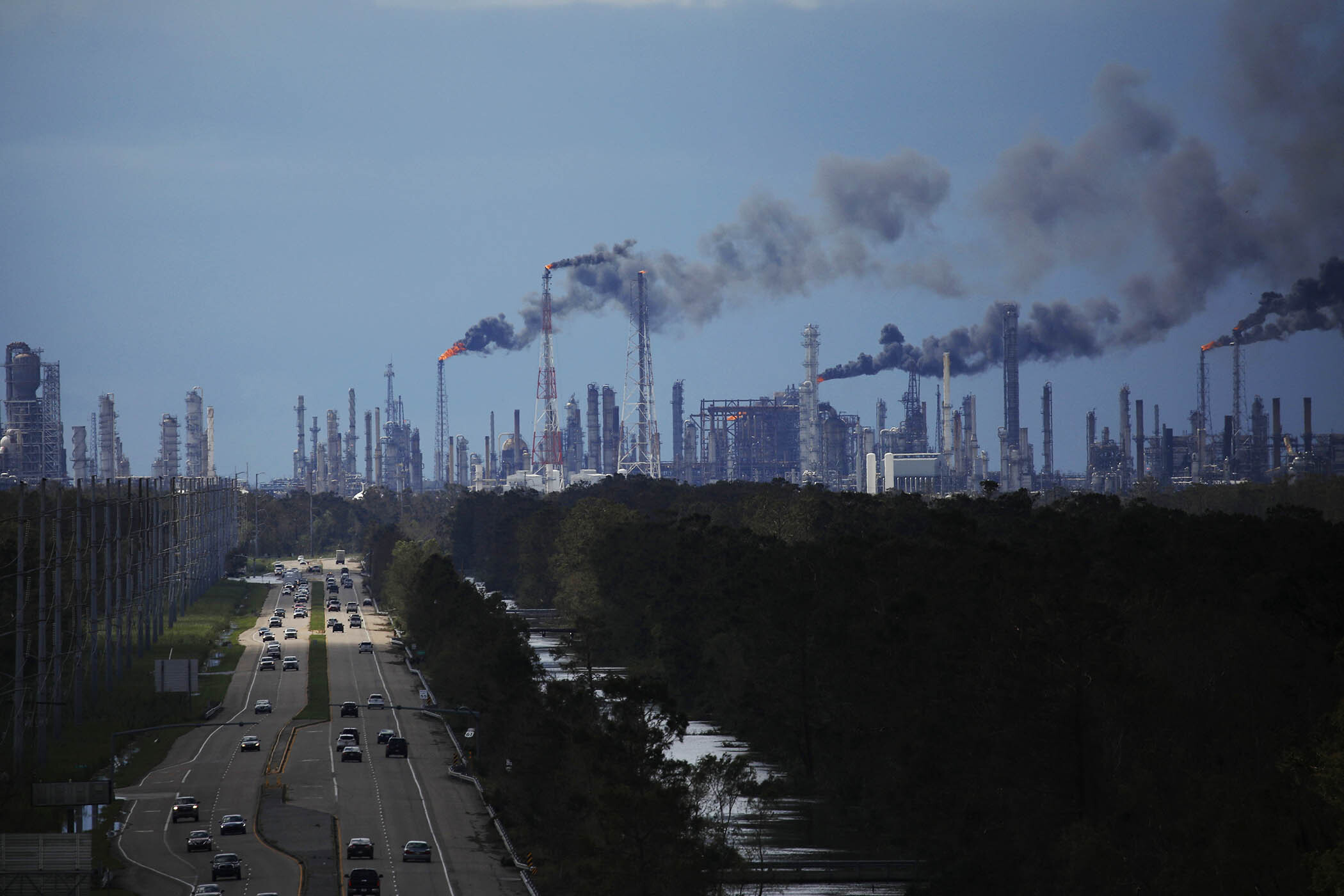Jimmy Breslin’s name is a storied one in the annals of modern American journalism; through his decades’ worth of writing in the New York Daily News, which billed itself as “New York’s hometown paper”, he married real reporting and real style, and it is hard to overstate his influence. “His columns were field notes from the city where he had spent his entire life – biting, funny, streetwise chronicles of the venality of New York’s rich and powerful, and the desperation and dignity of its poor and powerless,” as Jonathan Mahler writes in his masterful portrait of the city in the late 1980s, The Gods of New York.
Mahler, the author of the bestselling Ladies and Gentlemen, the Bronx is Burning, gives a meticulous, riveting portrait of a city at a fulcrum of its history: the years 1986 to 1989. Ed “How’m I doing?” Koch was in his third term as mayor, the Aids crisis was ravaging and terrifying the city, and record profits on Wall Street were followed by Black Monday, the stock market crash of 1987. Nearly a third of the city’s black and Hispanic residents lived below the poverty line; a young film-maker called Spike Lee was watching all of it. All very well and good, but perhaps, if you’re not a New Yorker, you might think: what’s all this – over 400 pages of it, no less – got to do with me?
Listen, then, to Breslin in the days after Donald Trump took out full-page ads in the city’s papers calling for the execution of the “Central Park Five”. In April, 1989, a young woman – a white woman – went jogging in Central Park; she was attacked, raped and bludgeoned, and left for dead. Five black and Hispanic teenagers were arrested for the crime and pressured into confessing. “BRING BACK THE DEATH PENALTY! BRING BACK OUR POLICE!” Trump’s ads ran, calling in effect for a lynching. He was a nepo baby real-estate mogul, catapulted into the public eye thanks to his gift for squeezing tax breaks from the city and for his eerily effective showmanship. But with these ads he was transforming into something else: Breslin knew what it was, and he asked the crucial question, while taking on the blame. It’s worth quoting him at length, as Mahler does.
The curious thing… is not that [Trump] destroyed himself yesterday, for all demagogues ultimately do that, but why he became so immensely popular with the one group of people who are supposed to be the searchlights and loudspeakers that alert the public to the realities of such a person. That would be those who work in the news business … With the one quality Trump has, amazing brashness – “I just bought the sky!” – he has overwhelmed the newspapers and television more than anyone we have ever had in this city.
That use of the word demagogue, as early as the late 1980s, is striking. And if anyone still thinks that what we are seeing in Trump and his reciprocal relationship with much of the news media is new, Mahler’s book shows his origin as the torrid genius of his own publicity machine, its force somehow overwhelming those who, again and again, should have had better judgment. The world is reeling from his conviction that he is a great businessman: read Mahler’s account of his failed investments in the casinos of Atlantic City and find a premonition of the status quo. In 1989, Time magazine called the desolate gambling mecca “an American monument to self-delusion”.
I grew up in New York in the 1980s. The blighted city that Mahler describes is one I recognise. But Mahler provides an extraordinary behind-the-scenes glimpse of the machinations of power and money that were, in one sense, bringing the city out of the brutal recession of the 1970s, while at the same time hardly building a true foundation for economies and environments that would serve all its citizens.
This is a book full of characters, and Trump is only one of them: but it is impossible, right now, not to focus on his ascent and the malevolence – let’s name it – that powered it. When he was asked by CNN’s Larry King about the Central Park Five – those young men whose wrongful convictions were only overturned in 2002, when DNA evidence linked a serial rapist to the case – he had this to say: “Of course I hate these people. And let’s all hate these people because maybe hate is what we need if we’re gonna get something done.”
Breslin told us where we were going wrong. We didn’t know how to hear.
The Gods of New York: The Tumultuous Eighties, from Donald Trump to the Tompkins Square Riots by Jonathan Mahler is published by Hutchinson Heinemann (£25). Order a copy from The Observer Shop for £22.50. Delivery charges may apply
Photography by Getty Images
Newsletters
Choose the newsletters you want to receive
View more
For information about how The Observer protects your data, read our Privacy Policy



